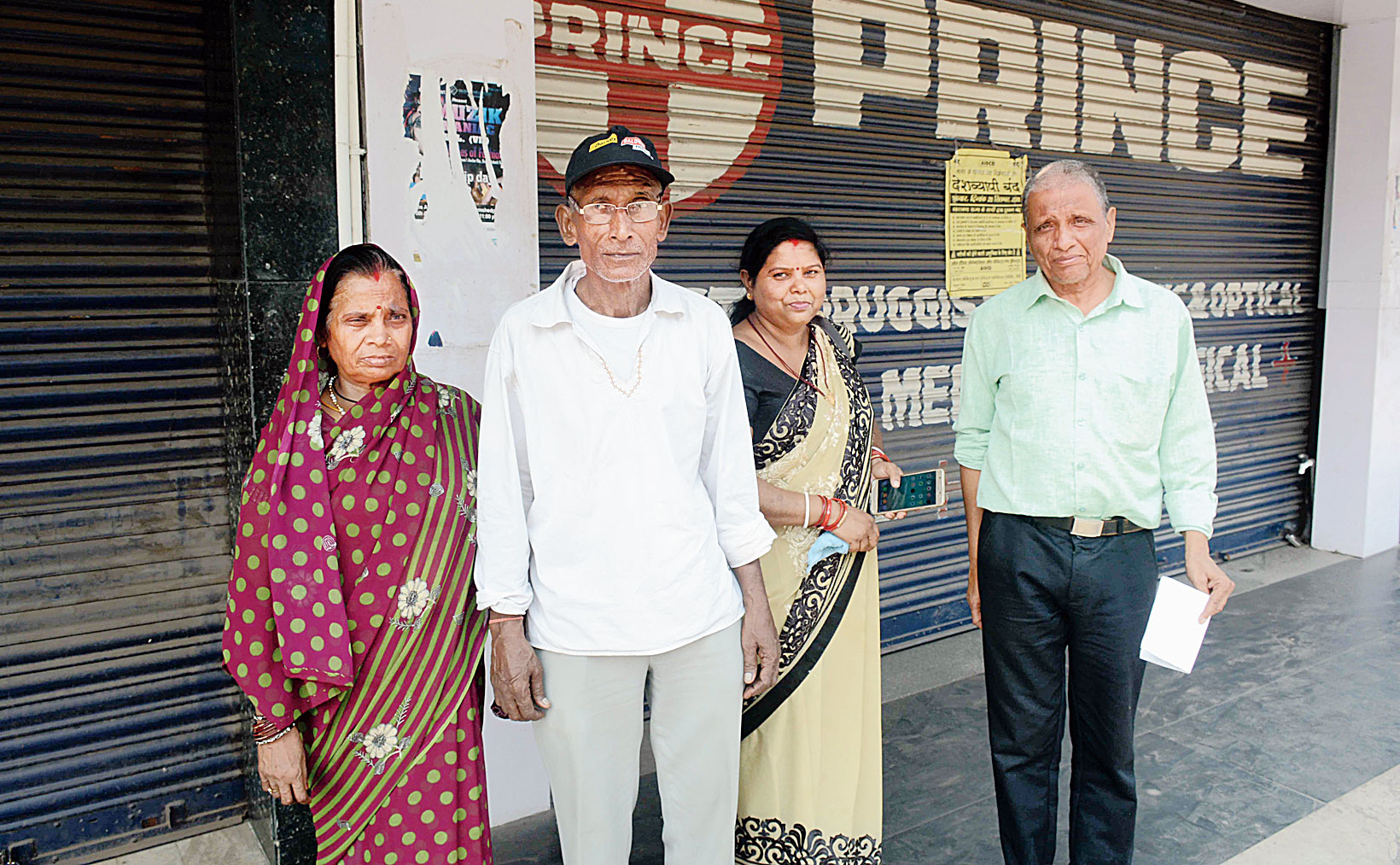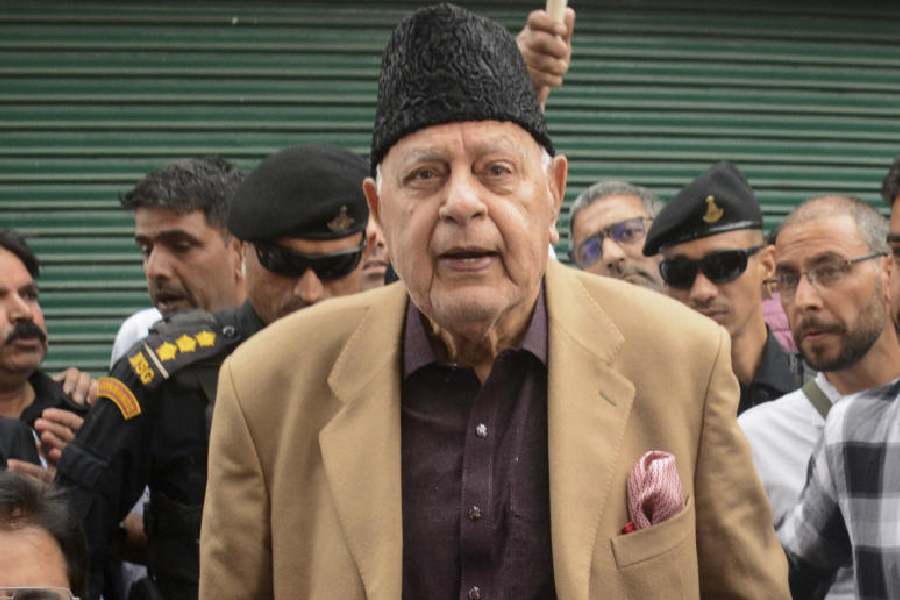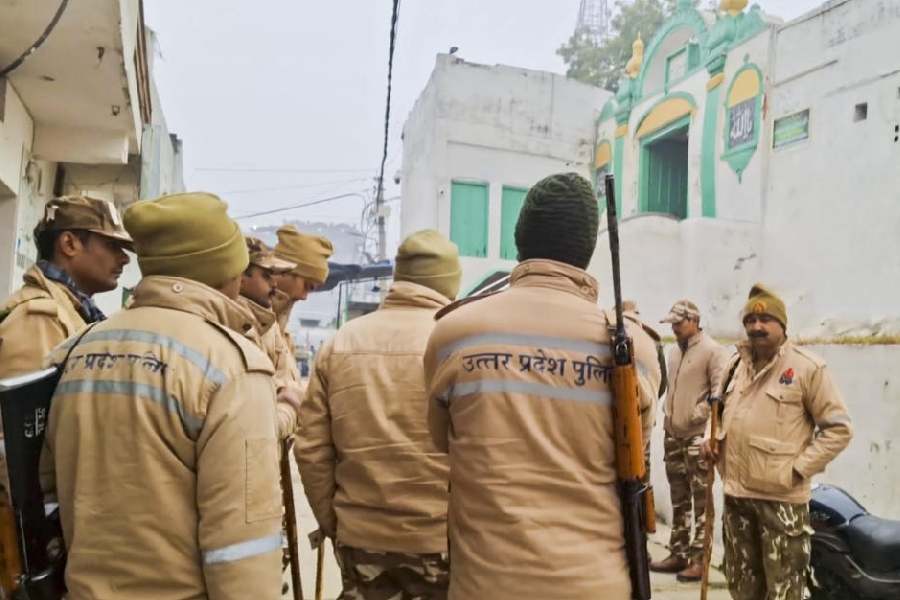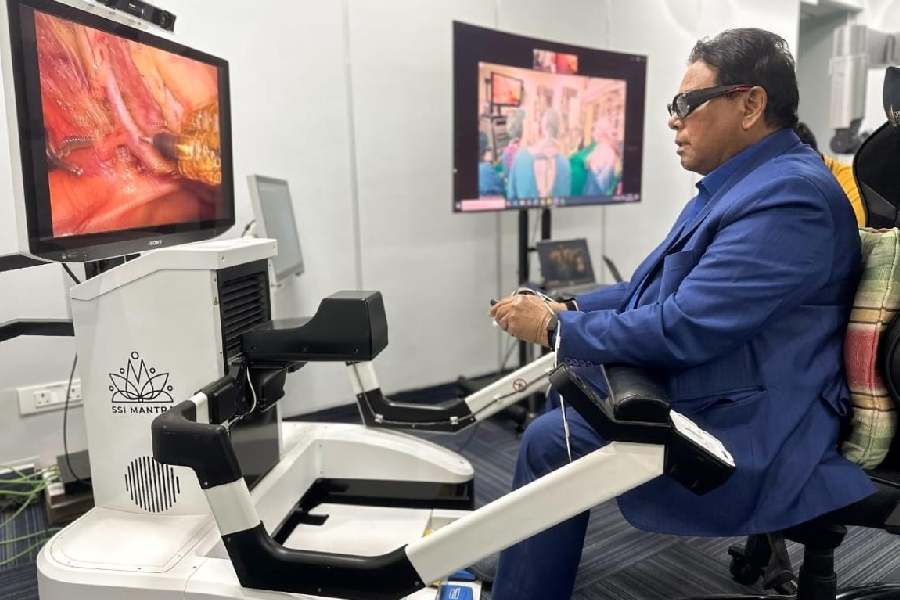Arun Murmu of Sundernagar had to travel 7km to Bistupur to buy paracetamol tablets for his ailing son from the pharmacy at Tata Main Hospital while Kunti Devi from Bagunhatu had to wait in a long queue at Mercy Hospital in Baridih to buy medicines.
Friday was a fretful day for many like them as 1,300 retail pharmacies in and around the city remained closed in support of a nationwide shutdown to protest against the Centre’s move to regularise e-pharmacies. Across Kolhan, which includes West Singhbhum and Seraikela-Kharsawan districts, 2,500 stores joined the strike.
“Medicine shops cater to emergency needs. The government should have done something to prevent their shutdown. My son has fever and needed medicines. I got late for work because I had to take a 7km detour to TMH,” said Murmu.
Kunti Devi couldn’t agree more.
“Not a single retail store was open. I had to stand in queue outside a private hospital for over 30 minutes. Pharmacies attached to hospitals obviously cater to in-house patients first. The government could have opened a few Jan Aushadi Kendras (generic drug stores) in different cities to prevent our reliance on private stores,” she said.
President of Jamshedpur Chemists and Druggists Association Kamal Agarwal said the Centre had left them with no choice to make their voice heard. He conceded that the shutdown had led to losses up to Rs 20 crore.
“We had to undertake this agitation because the Union government has not been sympathetic to our demands and representations since 2015. We have downed shutters in solidarity with the All India Organisaton of Chemists and Druggists (AIOCD). Online pharmacies pose a threat to our business. They may even facilitate the risk of drug abuse, especially psychotropic drugs, in the country,” he said.
Like Ranchi, the Jamshedpur outfit is also protesting against Jharkhand Pharmacy Council’s decision not to renew licences of drug stores that do not have qualified pharmacists











